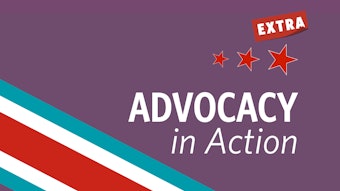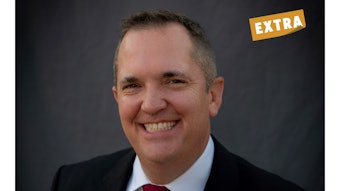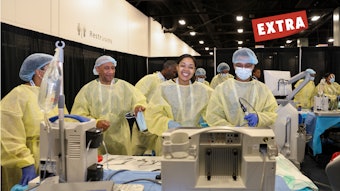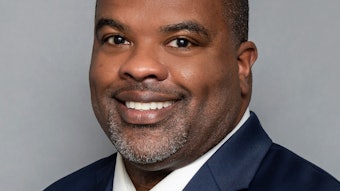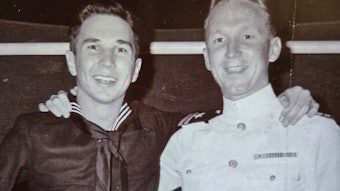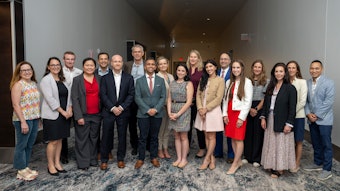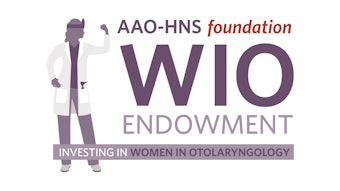Stories From the Road: One Less Drop in West Africa
Discover how One Less Drop is transforming surgical care in Ghana, bringing expertise and training, equipment, and on-the-ground care to local communities.
Leith Bayazid, MD, and Jeremy Meier, MD, on behalf of the Humanitarian Efforts Committee
One Less Drop is an organization that works to improve surgical and anesthesia capabilities in West Africa. We work in collaboration with the Cape Coast Teaching Hospital in Ghana. Located four hours west of the capital Accra, Cape Coast is a fishing town with a deep cultural heritage and historical significance. Home to the Cape Coast Castle, this area has seen various empires traverse its land and ravage its economy.
The organization began as a coordinated effort between physicians in Salt Lake City, Utah, and Accra, Ghana, in 2014. A group of otolaryngologists, anesthesiologists, and volunteers set out to assist with local hospitals and schools. Along with medical services and training, a plethora of medical equipment and supplies have been donated to the hospital, including microscopes, endoscopes, monitors, surgical instruments, medications, and anesthesia supplies. The staff comprises volunteers, offering our time freely and receiving no financial benefit.
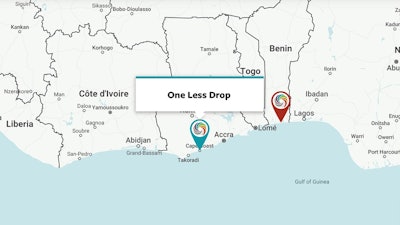
Location and Needs
The Cape Coast Teaching Hospital has been at the forefront of efforts to bridge gaps in otolaryngology care in the community and serves as a local hub for evaluation. It is the primary referral center for Ghana’s Central Region with a population of 2.9 million people. Led by Peter Appiah-Thompson, MD, and his two colleagues, Grace Naa Agowa Amoo-Quaye, MD, and Nana Andoh Mensah Hanson, MD, this team of just three otolaryngologists serves as the main otolaryngology center for a catchment area of over five million people. The hospital is developing regional expertise in otologic diseases such as chronic otorrhea. We also partner with local surgeons and assist with refining thyroidectomy techniques.
The Journey to Cape Coast
Occasionally a dusty haze reveals itself in the sky over Accra. Pollution? Not quite. Sands from the Sahara. The moment we landed in Ghana was quite memorable. The journey to Cape Coast was even more so, as there is a single, two-lane road that serves as the highway. The distance is roughly 142km, which should take an hour or so under ideal conditions. We were lucky to make it in four hours, given delays behind funeral processions and at military checkpoints. After 10 hours of flying, it was an ordeal—but that is a part of the journey.
The Daily Routine and Impact
For Jeremy Meier, MD, this was his ninth year participating, while it was the first trip for Leith Bayazid, MD. Our week began with a Sunday clinic triaging dozens of Ghanaians who traveled hours across the country to attend. Most of the cases we booked involved tympanic membrane repair. We also assisted the general surgeon with total thyroidectomies. Each day had the same routine: morning rounds, then OR on Monday through Friday.

Otolaryngology care in Cape Coast has advanced massively in recent years. The teaching hospital now has its own service with faculty and trainees. The progress in Cape Coast illustrates the power of collaboration and education in transforming healthcare in underserved regions. Through initiatives like One Less Drop, the future of otolaryngology in Ghana shines brighter.
 We concluded the week with a visit to the Kakum National Park in southern Ghana.
We concluded the week with a visit to the Kakum National Park in southern Ghana.
